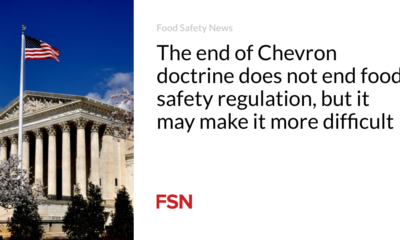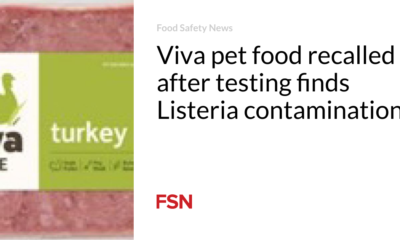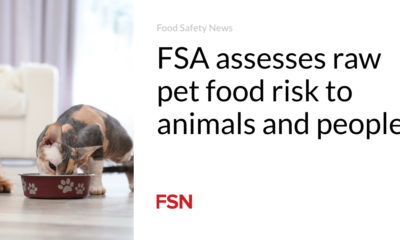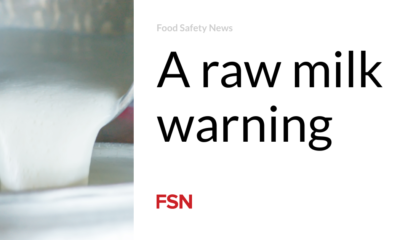Food
African countries receive help with food security in the informal sector
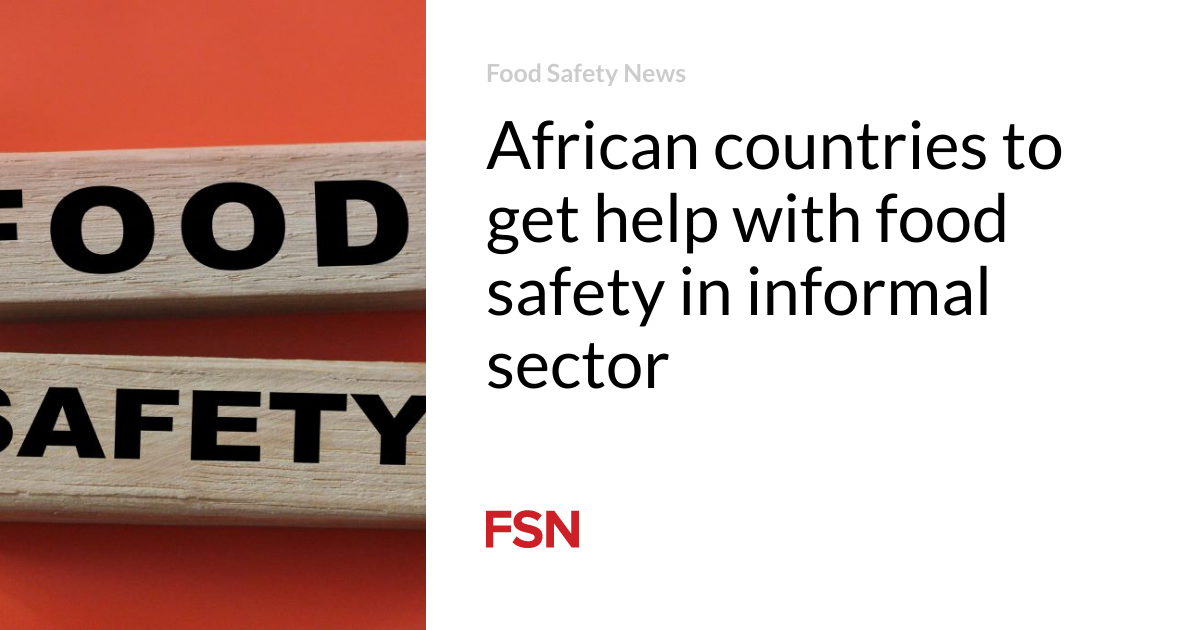
Guidelines should be developed to support African governments in improving food security in the informal sector.
The African Union (AU) and the International Livestock Research Institute (ILRI) are designing a framework for a continent-wide approach to dealing with the informal food sector.
Guidance seeks to reflect the realities of Africa’s food systems and improve the ways in which governments work with the informal sector in their efforts to increase food security.
The African Union and ILRI will consult with the informal sector from June 10 to help refine the guidelines. This process with Member States will continue in 2024 and 2025 before the framework is submitted for approval to the African Union policy bodies in 2025.
Attention to the issue
Earlier this year, the Codex Commission on Food Hygiene sent draft guidelines for food hygiene control measures in traditional food markets for adoption to the Codex Alimentarius Commission, and the World Health Organization (WHO) has produced several documents on safer traditional food markets.
According to ILRI, Codex Alimentarius Contact Points from African countries will be invited to participate in the consultations in the coming year to help ensure coordination.
Previous analyzes have shown that approximately 90 million Africans become ill from foodborne diseases every year, costing an estimated $16 billion in lost productivity. According to a 2019 Global Food Safety Partnership report, the international community invests just $55 million a year in food safety projects on the continent.
While compliance with food safety standards has improved in exports of African goods, progress has been limited in the domestic informal sector, which tends to be fragmented and under-resourced.
A step-by-step plan to inspire
The guidelines are currently designed around three key principles of engagement: recognition of, engagement with and investment in the informal sector.
“Western approaches to improving food safety, which involve meeting stringent requirements and complex documentation processes, are really only suitable for the formal sector, which is regularized and well-resourced. The reality is that most African consumers purchase food from the informal sector, which requires a different approach to food safety management,” said Silvia Alonso, senior scientist-epidemiologist at ILRI.
“We recognize that the final solutions will have to be tailored to national or local realities. The guidelines provide a roadmap to inspire countries and identify the areas of effort needed to successfully collaborate with the informal sector to improve food security. They will also include, where available, examples of initiatives that have been implemented and have shown success toward these objectives.”
The draft guidelines were developed in response to the African Union’s Food Safety Strategy for Africa, published in 2021 to encourage improvements in food safety management. They are informed by ILRI’s research and work to improve food security across Africa.
John Oppong-Otoo, Food Safety Officer of the African Union International Bureau for Animal Resources (AU-IBAR), said: “We believe these new guidelines will provide realistic and practical guidance to help governments engage with and gradually transform the informal sector to transform into a safe sector. and sustainably maintain the population.”
(To sign up for a free subscription to Food Safety News, click here.)

